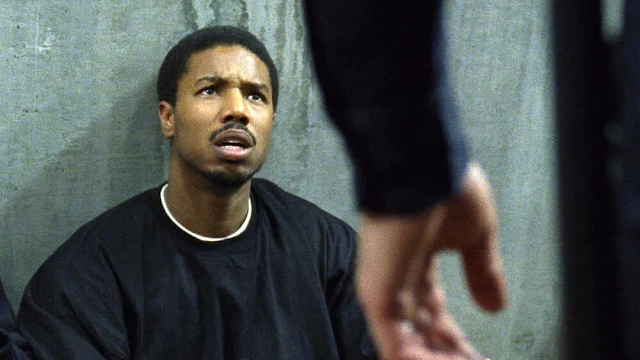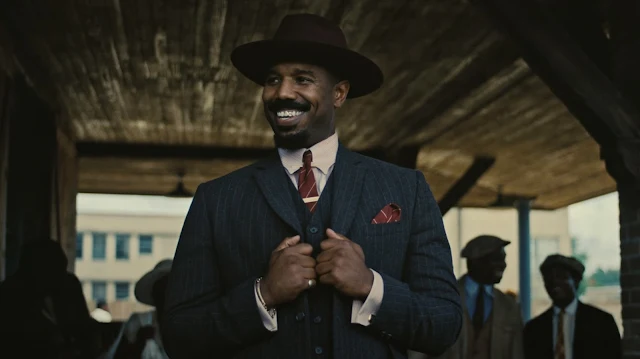
Cast: Kenny Bee, Chiang Ling, Yen Jing-Kuo, Meifeng Chen. Screenplay: Hou Hsiao-hsieng. Cinematography: Chen Kun-Hou. Art direction: Chi Kai-Cheng. Film editing: Liao Cheng-Sung. Music: Huang Mou-Shun.
The cheerful naïveté of Hou Hsiao-hsien's third feature, The Green, Green Grass of Home, reminded me of the old Hollywood movies in which a city slicker comes to a small town where both he and the local yokels learn a few things from each other. In Hou's movie, Da-Nian (Kenny Bee) comes from Taipei to a village to teach school and immediately encounters unfamiliar attitudes and manners. Unabashedly sentimental, Hou's movie is laced with some comic scenes featuring mischievous kids, but it harps too much on a message about the necessity of being close to nature and it repetitively features an icky pop song that sounds a lot like a soft drink commercial. But it's beautifully filmed, and at its best, it affords a glimpse of what daily life might have been like in a Taiwanese village.








.jpg)


















.jpg)
